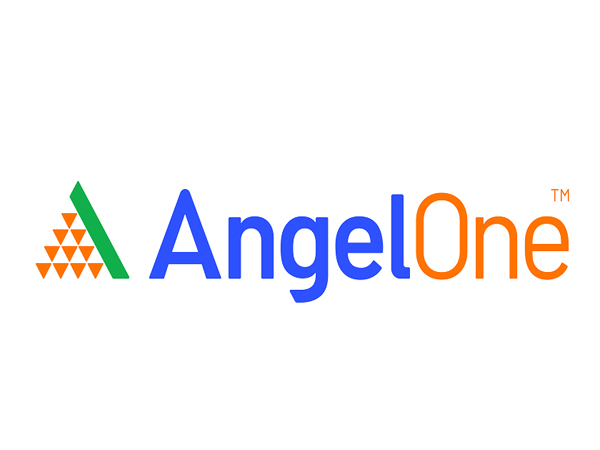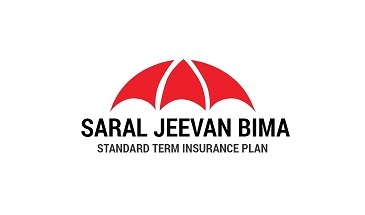Are you considering buying an investment property? Many of the world’s wealthiest people have come from real estate, so there are lots of reasons to believe it is a good investment. Experts agree, however, that before investing hundreds of thousands of dollars, it’s best to be well-versed in the field. Before you acquire your first rental property, examine the following issues and challenges.
Are you thinking about purchasing an investment property? Real estate has produced many of the world’s wealthiest people, therefore there are many reasons to assume it is a good investment. Experts agree, however, that it’s best to be well-versed in the industry before committing hundreds of thousands of dollars. Examine the following issues and challenges before purchasing your first rental property.
Personal Debt Reduction
Debt may be part of a savvy investor’s portfolio investing strategy, but the average person should avoid it. Purchasing a rental property may not be the best option right now if you have student loans, overdue medical costs, or children who will be attending college shortly.
Obtain a 20% (or more) down payment.
Investment properties typically require a bigger down payment and have more strict approval criteria than owner-occupied properties. The 3% down payment you made on your present home will not work for an investment property. Because mortgage insurance is not available on rental properties, you’ll need at least a 20% down payment. However, you might be able to finance the down payment through bank financing, such as a personal loan.
Locate the Ideal Location
The last thing you want is to be trapped with a rental property in a deteriorating neighborhood rather than one that is steady or growing. A city or location with a booming population and a revitalization plan in the works could be a good place to invest.
Look for a location with reasonable property taxes, a good school district, and plenty of facilities like restaurants, coffee shops, shopping, trails, and parks when looking for a successful rental property. Furthermore, a low-crime neighborhood with easy access to public transit and an expanding job market may attract a wider pool of renters.
Should you buy or take out a loan?
Is it better to pay cash for your investment property or to take out a loan? That is dependent on your investment objectives. Paying cash can help you have a positive cash flow month after month. Take, for example, a $100,000 rental property. With rental revenue, taxes, depreciation, and income tax, the cash buyer may earn $9,500 per year on a $100,000 investment, or a 9.5 percent annual return.
Financing, on the other hand, can yield a higher profit. For example, suppose an investor puts down 20% on a home, and the mortgage compounds at 4% per year. After running expenses and additional interest are deducted, the earnings total $5,580 per year. The investor’s cash flow is lower, but the annual return is 27.9%.
Determine Your Margin
Because, among other things, they must pay workers, Wall Street businesses that buy distressed homes aim for returns of 5% to 7%. Individuals should aim for a 10% return on investment. Annual maintenance costs should be estimated at 1% of the property value. Homeowners’ insurance, probable homeowners association fees, property taxes, and monthly expenses such as pest control are all examples of additional costs.




